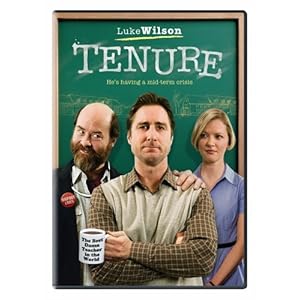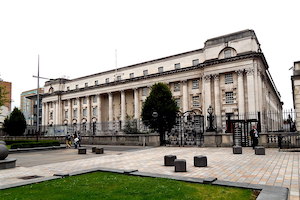Academic tenure in the Universities Act, 1997
the very word connotes safety, security, and a sense that you have made it in academia. But is the system really all it is cracked up to be, or is it lumbering into the world of 21st century academia like a dinosaur that hasn’t heard it is supposed to be extinct?
In earlier posts on this blog, I have looked at various issues relating to the various legal protections of academic freedom and at the concomitant concept of academic tenure as a matter of principle. In today’s post, I want to look at it as a matter of law.
The starting point is the Universities Act, 1997. Section 25(6) (also here) of the Act provides (with added emphasis):
A university may suspend or dismiss any employee but only in accordance with procedures, and subject to any conditions, specified in a statute made following consultation through normal industrial relations structures operating in the university with recognised staff associations or trade unions, which procedures or conditions may provide for the delegation of powers relating to suspension or dismissal to the chief officer and shall provide for the tenure of officers.
The Statutes of a university constitute its basic law, and section 3 of the 1997 Act (also here) provides that “officer[s]” include “permanent, full-time member[s] of the academic staff of the university”.…

.jpg)




